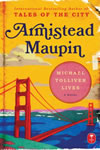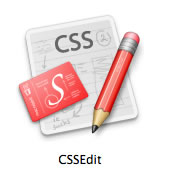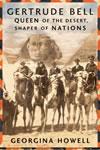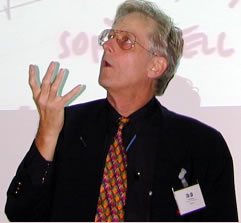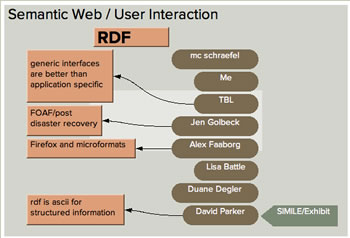I signed up for the Farm School's Community-Supported Agriculture program. What this means is that I send them a check and now, every week I stop by the local artisan baker and take a big box of fresh vegetables and fruits out of their cooler.
This amusing challenge seemed like a nice idea, especially since Linda's been lobbying for more vegetables. And there's something exotic and foodie-ish about being expected to Cook What's In The Box, rather than stopping by the Museum of Fruits and Vegetables to select what you feel like cooking.
Box #1, for example, had young snap peas (which I ruined by trying the shell them) and three kinds of lettuce and fresh native strawberries and lovely spring onions (red spring onions: I've never even seen them before) and two big bunches of radishes of various colors.
I knew there would be radishes. If radishes were edible, second graders would solve world hunger. I put them in salads. I sautéed them, then doused them with lovely dark veal stock and reduced and reduced. I put them on sesame crackers with butter and smoked paprika and fleur de sel. I still have one left.
But then there are the things that you don't know how to cook, and the other things that you don't know what they are. Rutabaga: what do you do with rutabaga? (Turning back the clock to college, I took counsel with The Joy of Cooking, and very good counsel it was.) Meryl got the broccoli rabe right. Another mystery bunch, I eventually decided, might be collard greens. I cooked them as if they were collard greens (wild boar bacon, then 20 minutes boiling in a little water, splash with vinegar), and they were nice. But where are their little collars?
